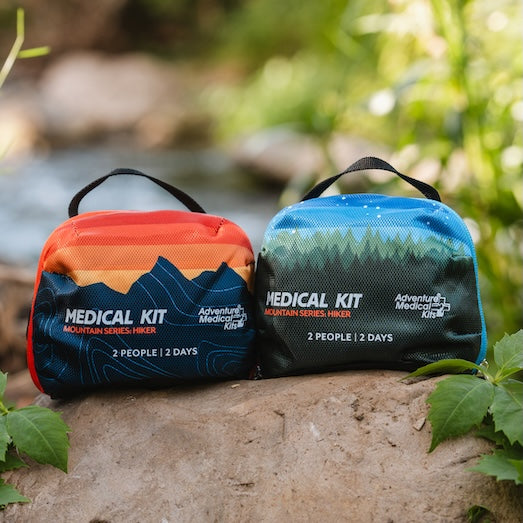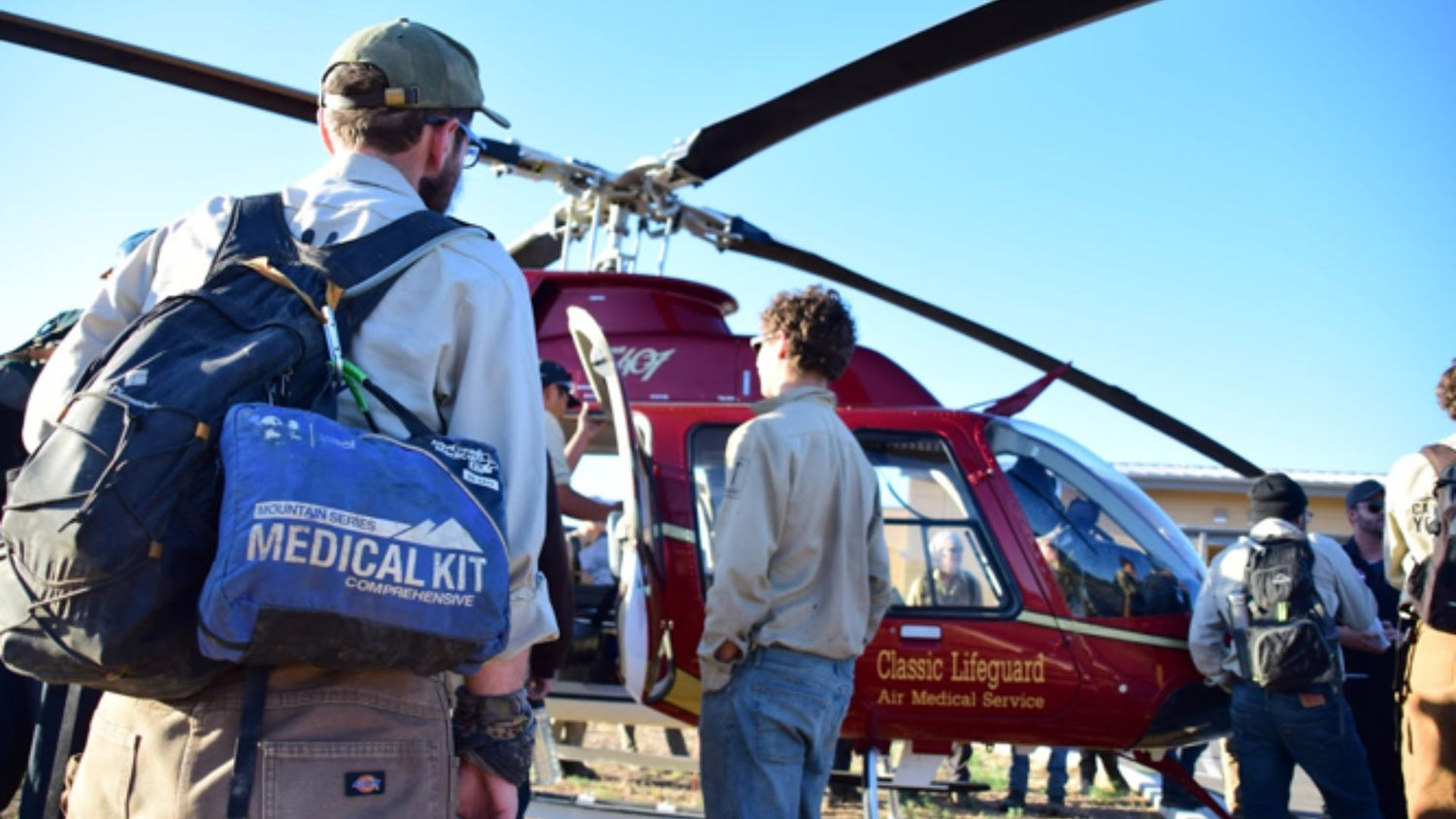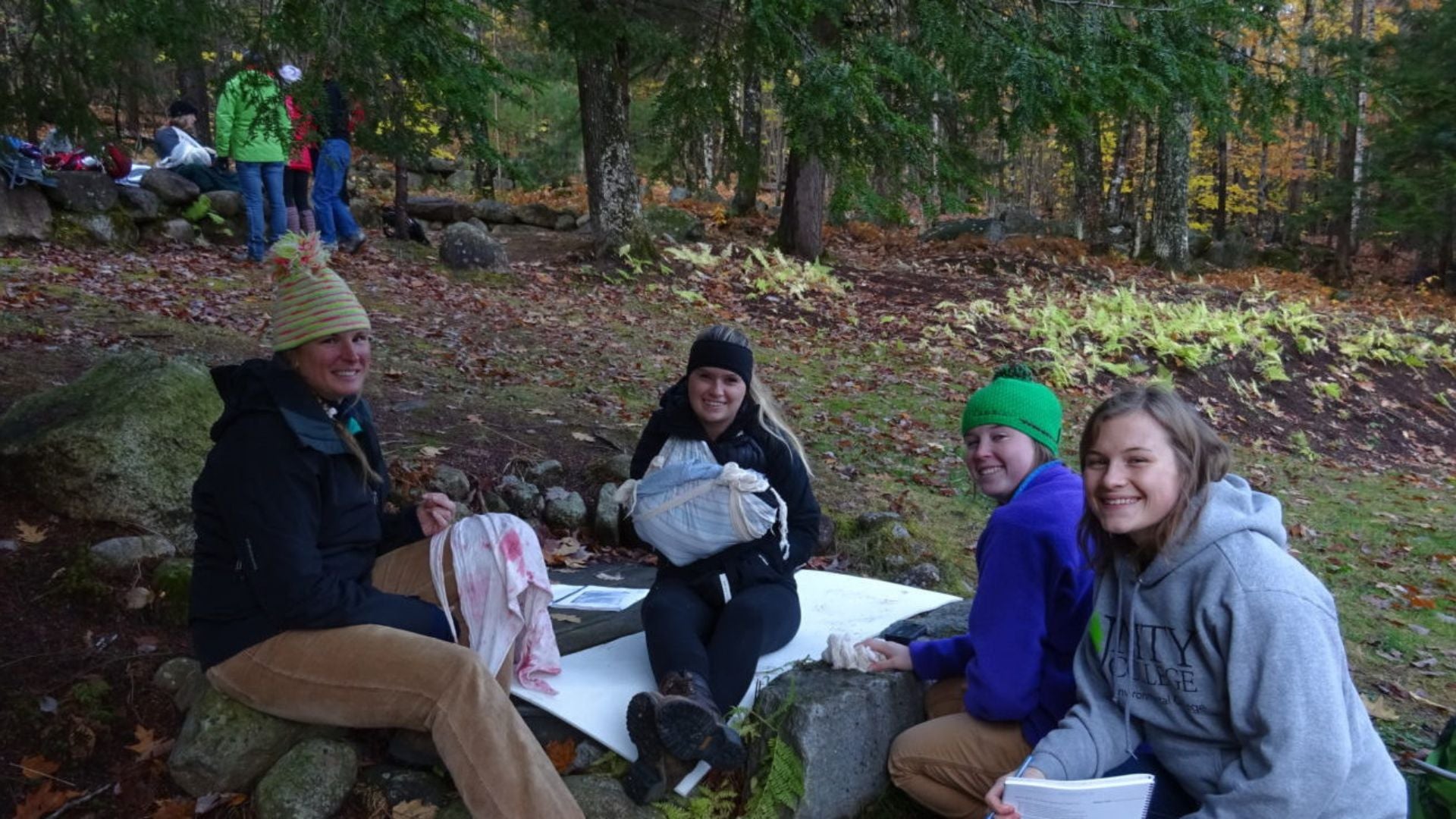By Canyon Country Discovery Center
Canyon Country Youth Corps (CCYC) is a youth Conservation Corps that trains up to 56 individuals every year on various conservation and restoration techniques. CCYC works across Utah completing projects that help the restoration of riparian areas and pinyon-juniper forests. In a collaborative effort to remove Russian Olive (an invasive tree) along the Escalante river, CCYC works with a Watershed Partnership and three other Conservation Corps of the Four Corners region. This collaboration has been in place for the past 8 years.
Invasive Russian Olive Trees
Russian Olive was originally introduced to the region as a riverbank stabilizer; it does the job well, too well. Unfortunately, it became an invasive species to the area, particularly on rivers. This means it was able to out compete native plant species. As a result of Russian Olive establishment, the river banks have become super-stabilized. This is not good for a healthy, moving river which is supposed to have bends, curves, braiding, slow parts, and fast parts that change over time.
Russian Olive also shades the river. This extra shade along an entire river, especially a small river like the Escalante, results in significant water temperature cooling. This is detrimental to native fish populations who require a specific temperature range for mating and spawning. With all the negative effects of Russian Olive and no foreseen circumstance of Russian Olive being out-competed by native plant species, mechanical and chemical removal has become necessary. This is where four Conservation Corps working together comes into play.
Remote Backcountry Work
The four Conservation Corps have divided and conquered Russian Olive all along the Escalante River. The Escalante River has some pretty remote sections requiring crews to work in the backcountry.
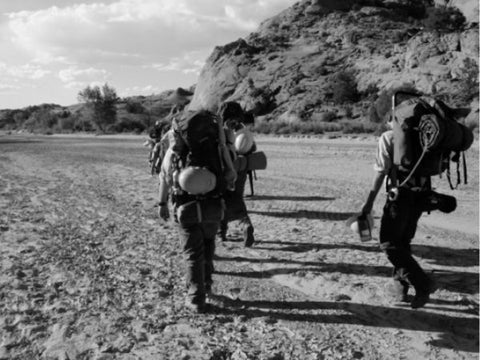
This work can be a toll on the Crew Members and Leaders throughout the season as they work 8 days in the backcountry every other week cutting down thorny Russian Olive trees with chainsaws in the chilly fall weather. Running several Conservation Corps crews in the backcountry for several months requires an extensive training period.
Safety First
Safety is always the number one concern. The four Conservation Corps go through first aid training and become familiar with their first aid kits, chainsaw training, and herbicide application training. Crews also go through an emergency response training which includes meeting a heli-tech crew and talking about the process of a heli-evac and the requirements for clearing out a landing pad for a helicopter.
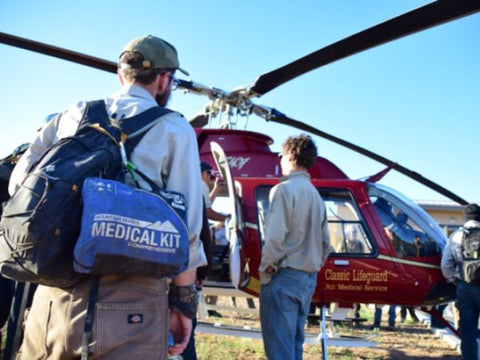
The hope is an emergency evacuation will never be necessary. However, the extensive trainings aid the crews in feeling more prepared for safe living and working in the backcountry. They are given advise on how to stay positive and supportive with each other through a long season. And on a technical level they learn valuable skills on chainsaw work, herbicide application, riparian restoration techniques, and backcountry evacuation procedures.
8 Years of Conservation & Friendships
8 years later the large collaboration between the Watershed Partnership and the four Conservation Corps is coming to a close. This was a long, slow process, but fortunately the Escalante River has gone through initial treatment of Russian Olive. Following years will be dedicated to re-sprout treatment. Sadly, it means this year was the very last cross-Corps training. The work will slow down significantly and all four Conservation Corps will no longer be needed. It is a bittersweet end to a large collaboration where the Conservation Corps of the region where able to gain a network of friends, colleagues, and fellow explorers.
